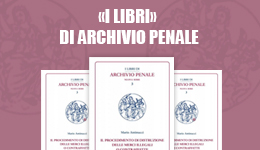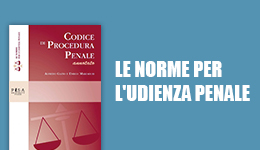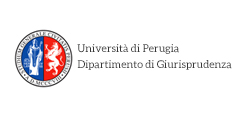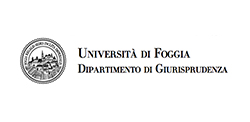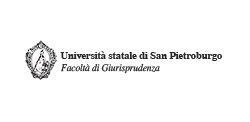La condotta di omesso versamento dell’imposta di soggiorno, tra peculato e illecito amministrativo
Archivio Penale
© dell'autore 2021
Ricevuto: 28 February 2021
| Accettato: 10 March 2021
| Pubblicato: 12 March 2021
L’intero articolo è disponibile
Riassunto
Il lavoro si propone di analizzare le possibilità applicative del principio dell’abolitio criminis ai fatti di omesso versamento dell’imposta di soggiorno da parte dei gestori delle strutture ricettive, commessi prima dell’entrata in vigore dell’art. 180 del d.l. 19 maggio 2020, n. 34, convertito con modificazioni in l. 17.07.2020, n. 77. Quest’ultima norma – riformulando sia l’art. 4 del d.lgs. 23/2011 che il co. 5 ter dell’art. 4, d.l. 50/2017 – ha optato, rispetto ai fatti predetti, per una sanzione amministrativa, piuttosto che per quella penale, prevista dall’art. 314 c.p., frutto di una precedente interpretazione della giurisprudenza. L’indagine segue l’evoluzione normativa e le conseguenti decisioni di legittimità e di merito, evidenziandone le diversità tra le varie posizioni. La soluzione propone una rilettura sistematica delle tematiche coinvolte, alla luce dei rapporti tra dommatica e politica criminale.
The conduct of omitted payment of the tourist tax, between embezzlement and administrative offense.
The work aims to analyze the application possibilities of the abolitio criminis principle to the facts of failure to pay the tourist tax by the managers of the accommodation facilities, committed before the entry into force of art. 180 of the d.l. 19 May 2020, n. 34, converted with modifications in l. 17.07.2020, n. 77. The latter provision - reformulating both art. 4 of Legislative Decree 23/2011 that the co. 5 ter of art. 4, d.l. 50/2017 - opted, with respect to the aforementioned facts, for an administrative sanction, rather than a criminal one, provided for by art. 314 of the Criminal Code, the result of a previous interpretation of the jurisprudence. The survey follows the evolution of legislation and the resulting decisions of legitimacy and merit, highlighting the differences between the various positions. The solution proposes a systematic reinterpretation of the issues involved, in the light of the relationship between dogmatics and criminal policy.
Percorso di valutazione
Peer reviewed. Certificazione della qualità


